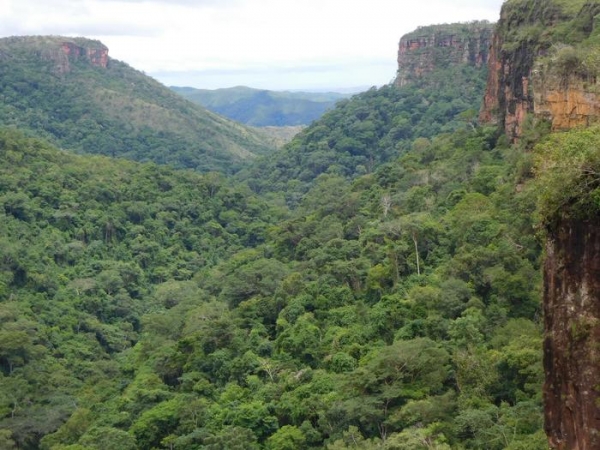Tropical forests in South America lose their ability to absorb carbon from the atmosphere when conditions become exceptionally hot and dry, according to new research.
Tropical forests in South America lose their ability to absorb carbon from the atmosphere when conditions become exceptionally hot and dry, according to new research.
For a long time, tropical forests have acted as a carbon sink, taking more carbon out of the air than they release into it, a process that has moderated the impact of climate change.
But research led by Dr Amy Bennett, a Research Fellow at the University of Leeds, found that in 2015 – 2016, when an El Niño climate event resulted in drought and the hottest temperatures ever recorded, South American forests were unable to function as a carbon sink.
El Niño occurs when sea-surface temperatures in the Pacific Ocean increase sharply, triggering a major shift in the world’s climate system. In 2015-2016, the result was exceptionally hot weather for South America. A similar event is underway now.
Read more at: University of Leeds
The valley forest at Chapada de Guimaraes, Brasil, is on the periphery of the Amazon forest and is especially vulnerable to drought. (Photo Credit: rainfor.org)




